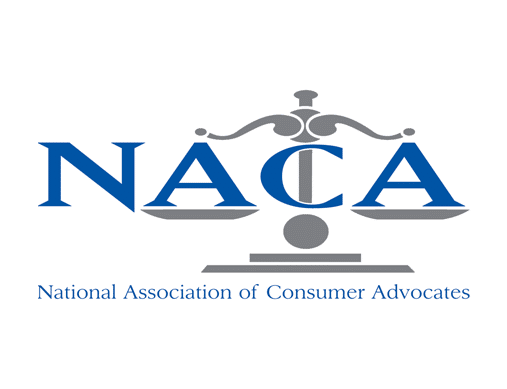When it’s a Judgment, it’s not a Zombie Debt
Years ago I wrote a blog post about Zombie debts. A Zombie Debt is created when a debt isn’t collected on in court for over 5 years. Once this 5 year period is up, a debt collector can’t sue you in court to collect upon it. They can’t even threaten to sue you. These would be violations of the Fair Debt Collection Practices Act – a federal violation in which they may have to pay YOU a penalty.
But what if they are trying to take you to court for a debt that is over 5 years old and they swear they have the right? What if they use the term “Proceedings Supplemental,” Employment Discovery,” or “Indiana Workforce Development”? Well, they may have a judgment on you. And this changes things.
But before you read any further, know that the HLO can likely still assist you in solving a problem judgment. There are still options – they’re just different.
While someone only has 5 years to sue you in court to collect a debt, that same person has 20 years (yes, twenty!) to collect on a judgment once they win in court. This may be the situation you’ve found yourself in.
There are two ways this usually plays out:
- A debt collector doesn’t sue you in court within 5 years. After that time, the debt is a Zombie and any legal threats they use against you are likely violations of federal law.
- A debt collector received a judgment against you in court (whether you knew this or not) and they now have 20 years to collect upon that judgment.
An easy way to tell if they have a judgment is if you receive paperwork from the court or debt collector referencing “Proceedings Supplemental,” Employment Discovery,” or “Indiana Workforce Development,” as said above. These are all signs that there’s already a judgment against you.
“Proceedings Supplemental” – This is a hearing in the court where you are expected to answer questions before the judge about your assets, bank accounts, property, and where you work. The debt collector wants to know where you money is so they can take it from you.
“Employment Discovery” – This is a request the debt collector sends to your employer (or someone they believe is your employer” to find out if you are working there and how much you make. This is a sign they intend to have your wages garnished.
“Indian Workforce Development” – Debt collectors can send a request to this Indiana State Office to ask for your employment records to find out where you work. This is another sign a debt collector is looking to garnish your wages.
But even if a judgment has already been gotten against you, it’s not the end of the road! If you weren’t served with notice of the lawsuit and you never knew one was filed, there’s a possibility you can have it erased from the record and force the debt collector to start again. This is an option I’d be pleased to speak with you about. This happens frequently in Indiana and setting aside a judgment because you were never made aware of it can often be done quickly and for little cost to you.
And if you knew about the court case and even the judgment, you can still try to settle with the debt collector for a fraction of what they’re demanding you pay. Or let us do it for you! It’s what we do best!



